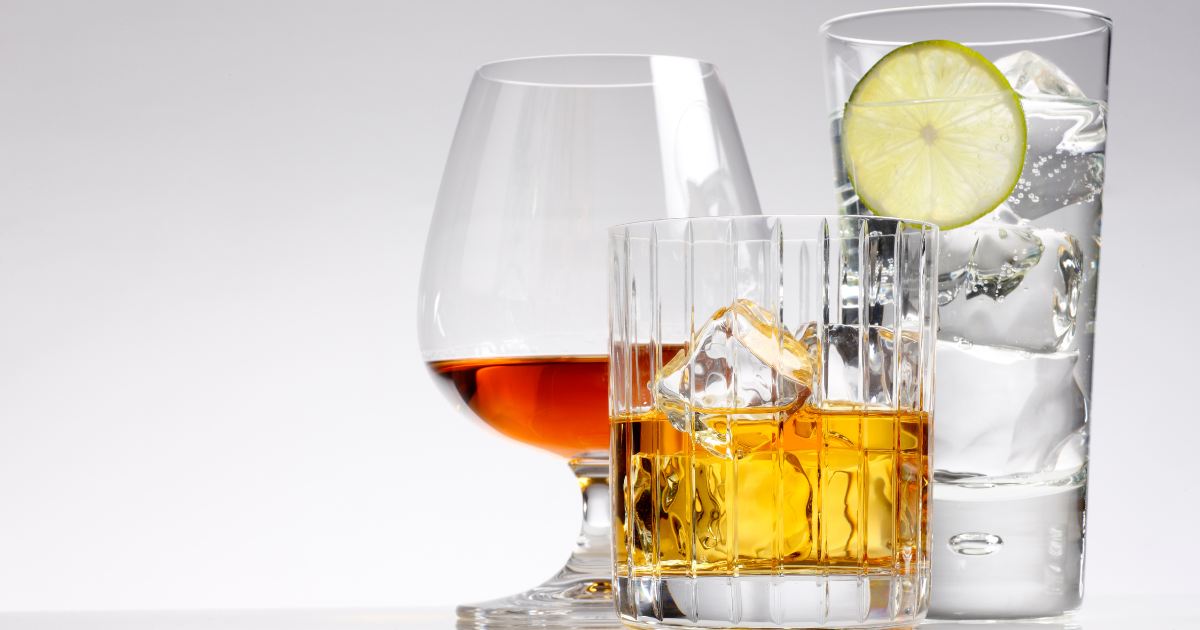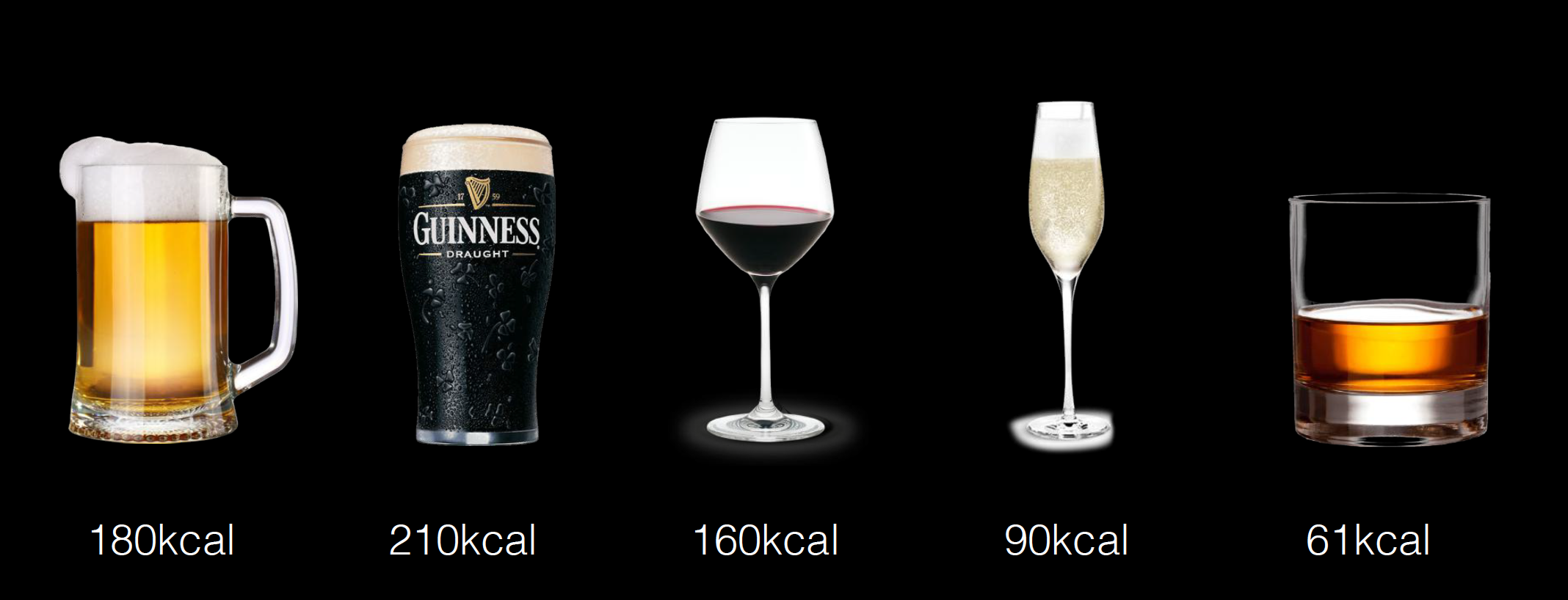Dry January: The effects of alcohol on sport and exercise
Are you reducing your alcohol intake, or taking part in dry January this year?
Dry January is a popular challenge where people stop drinking alcohol for the month. People challenge themselves to this to reset their relationship with alcohol, improve their overall health, and improve their performance in sports or in the gym.
Cutting out alcohol completely can have a positive impact on your exercise routine, as well as your mental health.

Alcohol: Let’s look at the stats
According to the UK Chief Medical Officers, drinking more than 14 units of alcohol per week can increase the risk of developing long-term health conditions.
Another study by the Royal Society for Public Health found that over 60% of adults in the UK consume too much alcohol, and at levels that increase the risk of ill-health.
The Mental Health Foundation also states that while alcohol may provide a temporary relief from anxiety, it can ultimately lead to alcohol dependence and increase anxiety symptoms, especially during hangovers. It is recommended to find alternative methods of relaxation such as meditation, yoga, exercise, or engaging in activities you enjoy.
- BLOG: Dealing with eating disorders in sport
- BLOG: Building resilience in young players
- NEWS: eLearning: Accelerate Sport launches new courses
How does alcohol effect exercise or performance?
A fact that we all know is that alcohol can lead to dehydration. Alcohol is a diuretic, which means it increases the amount of urine produced.
Dehydration during sports or exercise can cause fatigue, muscle cramp, and decreased endurance. Alcohol also interferes with muscle recovery, making it harder for your body to repair itself after a workout.

Alcohol and your diet
It can be tempting to indulge in alcohol, particularly if you’re feeling down, or you’re out with your mates.
If you’re trying to improve your performance, let’s take a look at how alcohol contributes to your calorie intake. Just how quickly can you fall into the trap of overindulging.

I bet you didn’t know just how many calories were in these common alcoholic drinks! If we look at this in comparison to the average daily intake of calories, it’s easy to see how quickly you can go over the recommended amount.
Going over the recommended amount usually means your performance will suffer as a result.
Some useful eLearning courses
Our ‘Nutrition for Performance’ eLearning course on Accelerate Sport can help you optimise your nutrition for exercise. The course comes with all the relevant information, and even gives you meal plans, recommended diets, and the importance of hydration.
Enrol: Click here to learn about our Nutrition for Performance eLearning course
Alternatively, another one of our Accelerate Sport courses: ‘Tackling Eating Disorders in Sport’ does what it says on the tin. It will enable you to spot the symptoms of a range of disordered eating in athletes.
Enrol: Click here to learn about our Eating Disorders eLearning course